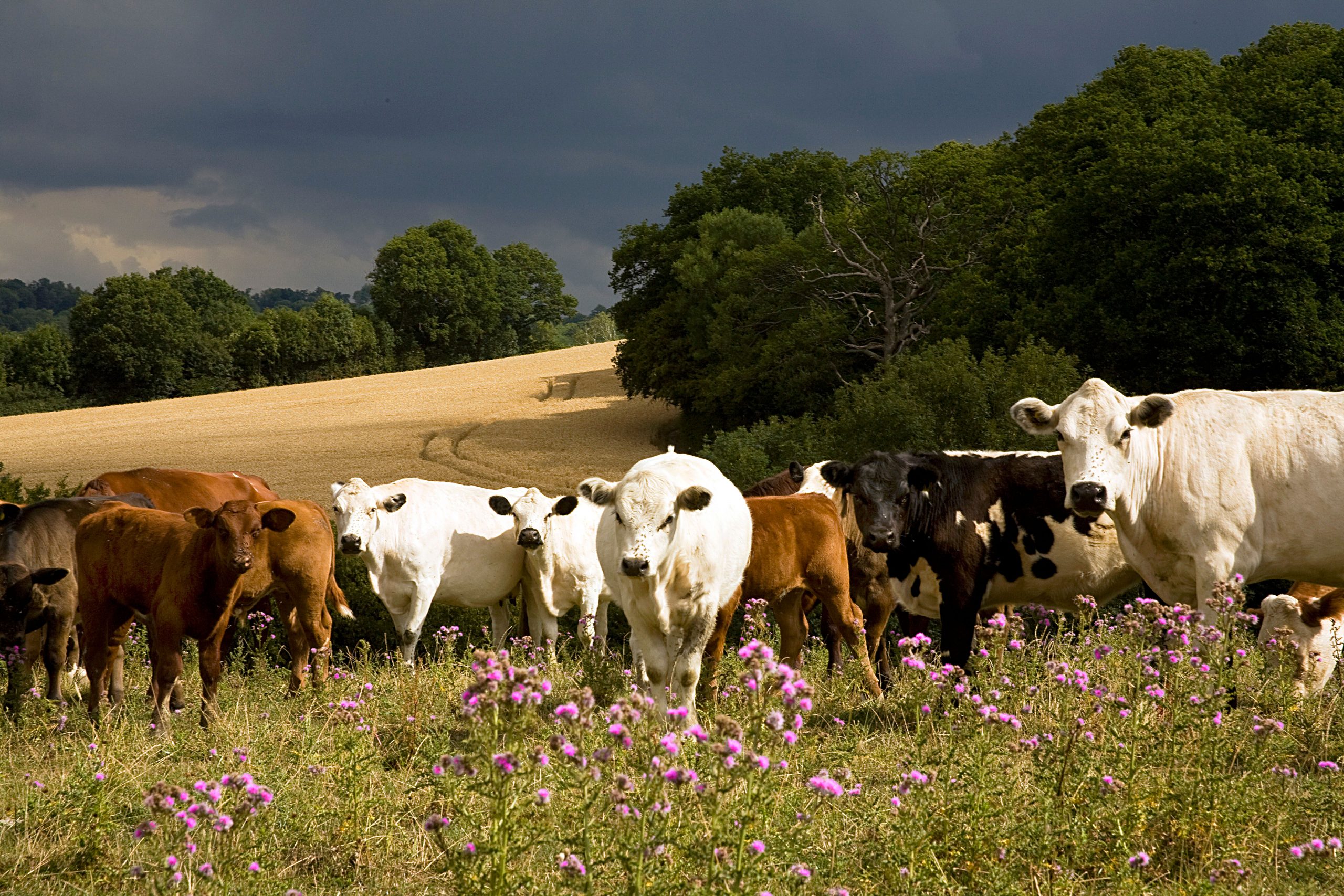The change in law that means gene-edited food could be heading to the shelves
The Government has opened the door for gene-edited food to hit our shelves, to the delight of some farmers and the concern of others.


The Government’s announcement that it will change the rules on gene editing has found a mixed reception.
The technology, which consists of altering the existing DNA of plants and animals without introducing exogenous (or ‘foreign’) genetic material, was regulated in the same way as the genetic modification of organisms under a 2018 European Court of Justice ruling.
The Government now intends to make research and development easier, with a view to introducing measures at a later stage that will allow ‘edited’ products to be sold in the UK.
NFU vice-president Tom Bradshaw welcomed the announcement. ‘Gene editing is about speeding up the genetic-selection process that could have occurred naturally,’ he explains. ‘As we look at tackling the challenges of climate change and feeding an ever-growing population, we need all the tools available.’
In his view, the Government’s plans won’t automatically open the door to GMOs, not least because gene editing might turn out to be a more efficient way of producing food.
He also believes that gene editing can even help produce healthier food, citing a wheat [being researched] at the Rothamsted centre. ‘It’s lower in acrylamide [a probable carcinogen that forms when wheat products are baked]. So there are potential human health benefits, as well.’
It’s a claim Patrick Holden of the Sustainable Food Trust rejects. ‘If we think, naively, that gene editing is going to improve public health... we’re fooling ourselves. If you have a plant that can only remain healthy if it has been gene edited, that’s the recipe for some pandemic plant disease to emerge.’
Exquisite houses, the beauty of Nature, and how to get the most from your life, straight to your inbox.
He thinks the decision stems from an attempt to treat the symptoms, rather than the cause of the problems in agriculture: ‘One of the most critical challenges relates to the impact of farming on biodiversity. There has been a potentially catastrophic narrowing of the agricultural gene pool and... we’re further narrowing the diversity of the plants and animals we eat.
'This idea that we can edit the genes as if we knew the true roles of all the genes in the genome, which we don’t, to produce food that is drought-tolerant, higher-yielding and disease-resistant, is breathtaking, frankly.’
"Scientists wanted to produce leaner rabbits, so they deleted a gene that had the effect of limiting muscle growth. What they ended up with was animals that had alarmingly enlarged tongues"
The trust is one of several bodies that slammed the Government’s move. The Soil Association highlighted concerns that gene editing could spell disaster for sustainable farming.
Christopher Price of the Rare Breed Survival Trust believes gene editing is the wrong answer to the issues created by intensive farming. ‘If you deal with the problem at the source, by keeping native breeds in the right place at the right density, all the arguments for gene editing disappear.’
He also disagrees with the notion that gene editing is closer to traditional breeding than it is to GMOs: ‘Gene editing is a laboratory-based process that depends on significant human intervention to achieve a quick fix.’
In particular, Mr Price is concerned about the effect genetic manipulation could have on livestock welfare: ‘In China, scientists wanted to produce leaner rabbits, so they deleted a gene that had the effect of limiting muscle growth. What they ended up with was animals that had alarmingly enlarged tongues.
'I don’t think the argument that gene editing is different to GM stacks up. I don’t think the argument that it’s an economic necessity stacks up and I don’t think the argument that you can predict the outcome stacks up.’
Mr Holden goes even further: ‘We have got it completely wrong and the result is that we’re not even going to have any semblance of natural food any more. If we carry on “improving” on Nature, we’ll end up on the losing side.’
Carla must be the only Italian that finds the English weather more congenial than her native country’s sunshine. An antique herself, she became Country Life’s Arts & Antiques editor in 2023 having previously covered, as a freelance journalist, heritage, conservation, history and property stories, for which she won a couple of awards. Her musical taste has never evolved past Puccini and she spends most of her time immersed in any century before the 20th.
